Lien: Stop Sexualizing The Queer Community
(Design by Claire Peterson | The Daily Utah Chronicle)
November 14, 2022
Homophobia, whether an individual realizes it or not, contributes to the inherent sexualization of LGBTQ+ communities. Many inaccurately refer to the mere support of queer and trans individuals as sexual in nature. Describing LGBTQ+ support as sexual when it clearly isn’t further inflates the issue, making anything not hetero-cis-normative unsavory and unfit for polite company.
We see this in damaging anti-queer legislation targeting school inclusivity curriculum and in parents claiming there is pornography in school libraries. Even Utah’s recent law keeps transgender students off of sports teams.
We need to stop viewing queerness as something inherently sexual and predatory, as this untrue viewpoint damages the community.
When people fight against the queer community, whether it’s over us gaining new rights or protecting existing ones, they utilize religious rhetoric and a misplaced superiority complex. The sanctity of marriage doesn’t exist for gay people, but apparently it does for pastors who go home to their wives after assaulting children.
Queer people have always existed and played a part in society, yet people with too much time on their hands think it’s wrong. In the 1970s, there were major movements to keep gay and lesbian teachers out of classrooms, like our very existence endangers children. The fear centers around us recruiting them, like a little militia full of queer preteens.
The anti-viewpoint banks on the idea that sexual minorities harm children, that they are predatory and that sexual orientation and gender identity can’t exist as anything except sexual. There are numerous claims about how LGBTQ+ people indoctrinate and sexualize children and play into fear tactics to scare parents. Classic dehumanization strategies.
One such strategy is book bannings. Book bannings are rife, with many of the novels pulled centering queer and trans characters, along with those that grapple with race and racism. Many titles removed from Utah school districts and libraries receive criticism due to their content, challenged “for depictions of sex and/or the body” with many of the targeted books featuring LGBTQ+ characters.
Alpine School District pulled 52 books off their library shelves, with 21 of the titles on the list containing queer characters or themes. Conservative parent group Utah Parents United drove the push to ban these books, with the curriculum director going so far as filing a police report with the Farmington Police Department and Davis County Sheriff’s Office to make a criminal complaint against Davis School District.
However much we fight against the single story of our existence being seen as sexual, it’s important to recognize why this stereotype is so prevalent. Primarily, the modern queer community historically has roots in sex work. The act of sexual liberation led to the stirrings of the gay rights movement, further complicated by the AIDS crisis. Queer history cannot properly exist without the context of sex work and liberation. The subject of sex, specifically queer sex, has a ridiculous amount of stigma attached to it.
But when queerness and the experience of being queer primarily exist in the sense of being something illicit, it sends a clear message of distaste. The rampant sexualization of the LGBTQ+ community fosters unease for those who are queer. When I tell someone I’m a lesbian, people skip entirely past asking if I’ve ever kissed a girl and go straight into questioning about my body count. It’s absurd and none of anyone’s business.
While the queer community has ties to explicit sexuality, that is not the only space people can inhabit. By conflating queerness with pornography, it sends a message that sexuality and gender identity are inherently sexual in nature. This harms the community and harms those who might never get the chance to delve into their identity out of fear. It’s easy to tell someone to stop sexualizing and demonizing queer people, but difficult to get them to actually change their belief systems.
PEN America, a literary organization that advocates for freedom of expression, has called the actions to ban books in Utah “worrisome.” The director of free expression and education programs Jonathan Friedman said, “Sweeping removals of books are not supposed to be a routine thing in school libraries. Students have a right to learn about the variety of human experiences and perspectives that these books provide.”
Associate professor Richard Price from Weber State University also noted that school libraries do not contain porn. “When you look at what actually gets challenged in school,” Price said, “some of it has sex in it and some of it just has queer people.”
It terrifies people that their children can gain empathy and understanding for those unlike themselves. Banning books in schools completely ignores the fact that if someone is determined enough, they can find pretty much anything on the internet. But it isn’t about that — it’s about maintaining the status quo of what is proper and good enough to be learned. It’s about keeping queerness taboo.
Open your eyes. It’s never truly been about books.


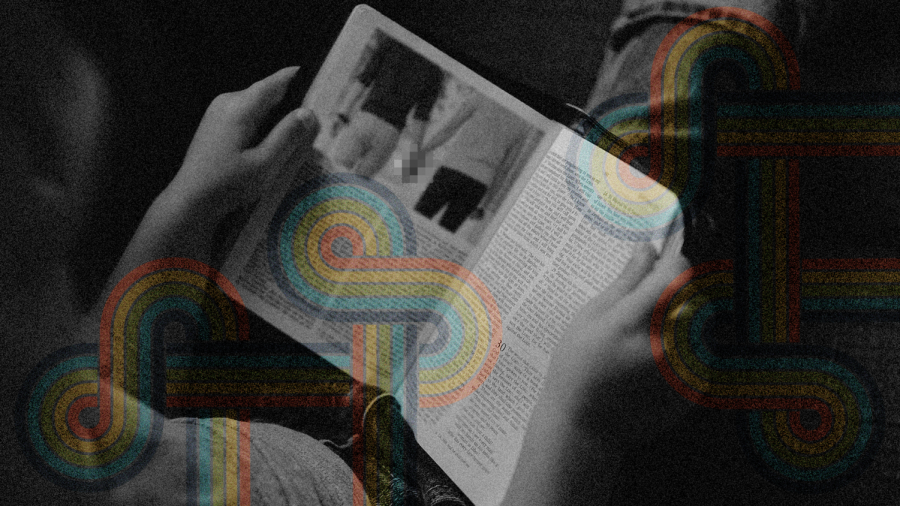


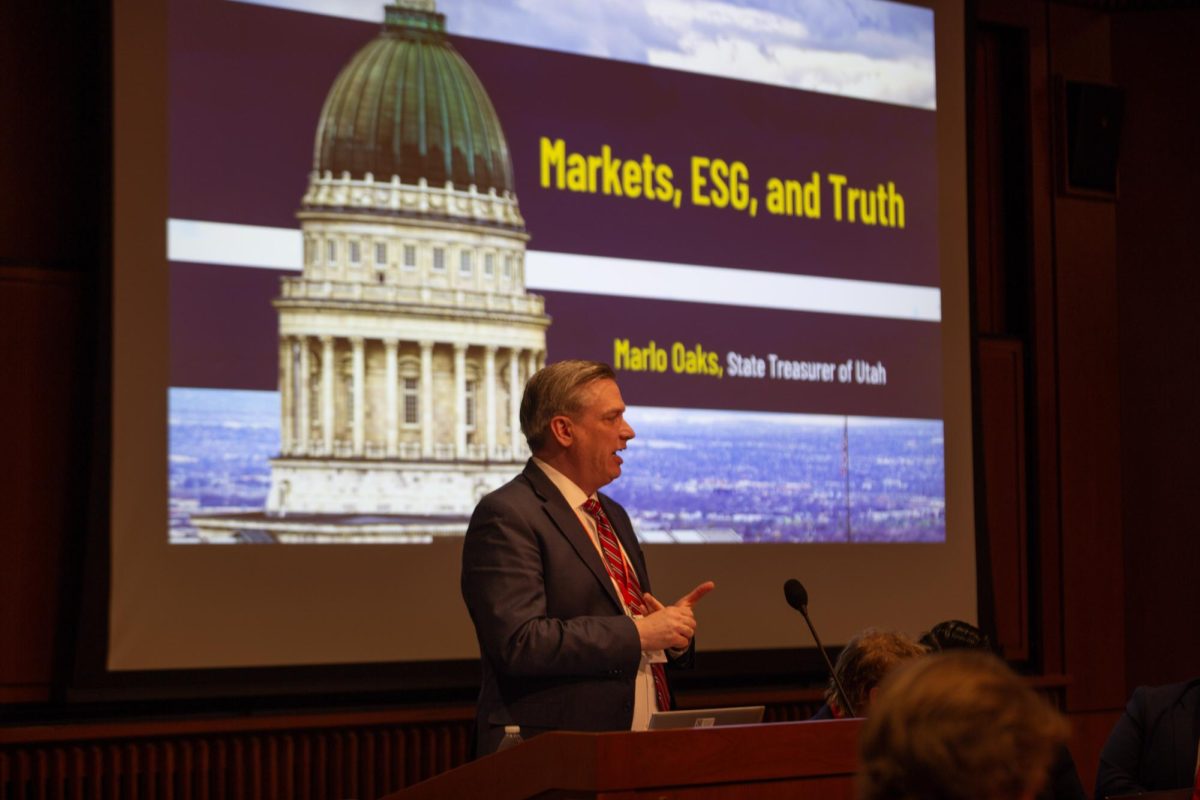
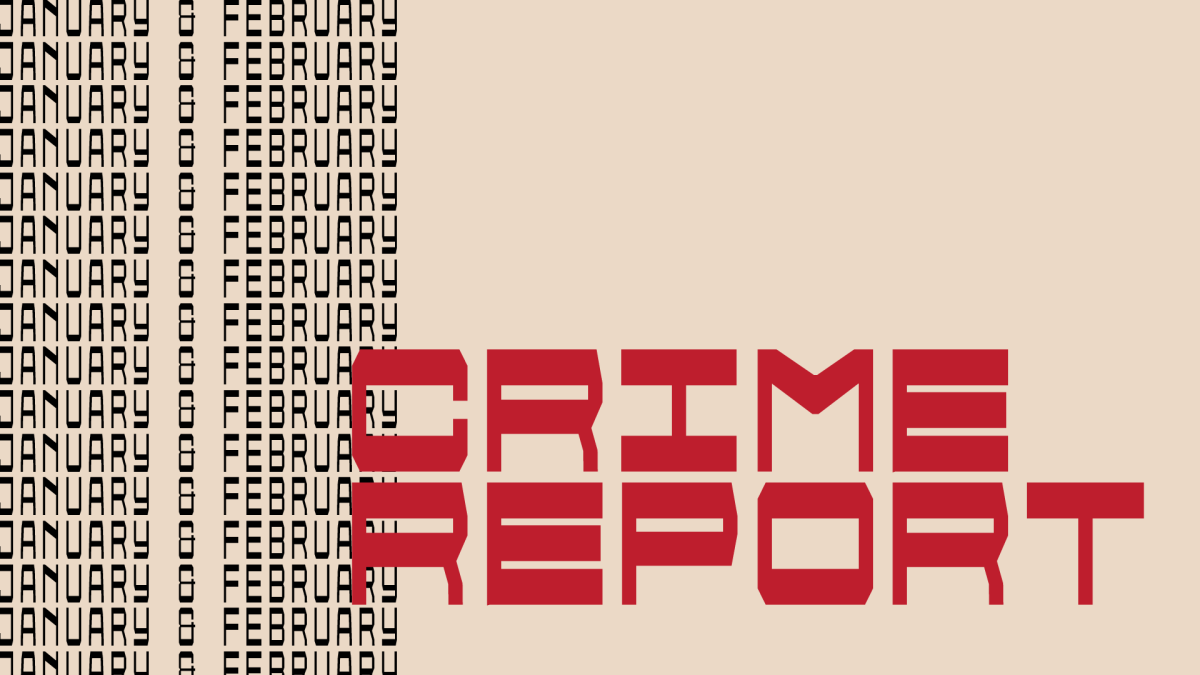

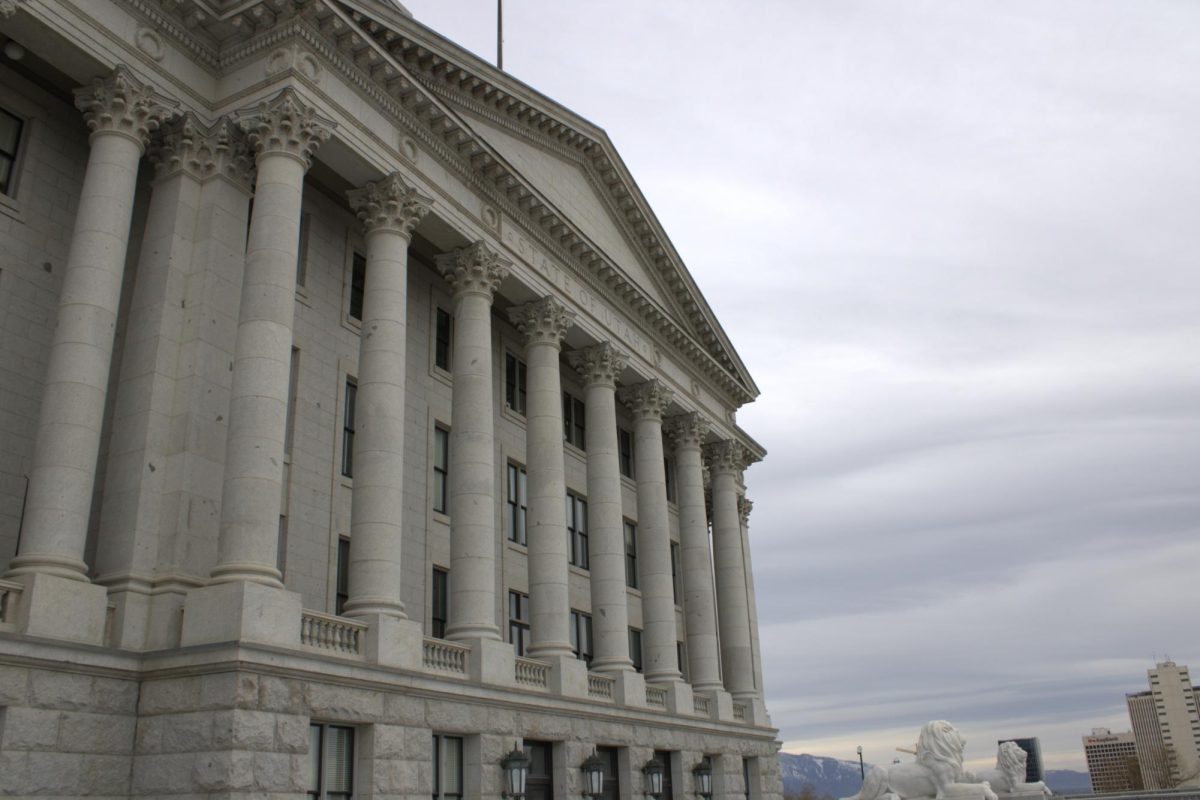
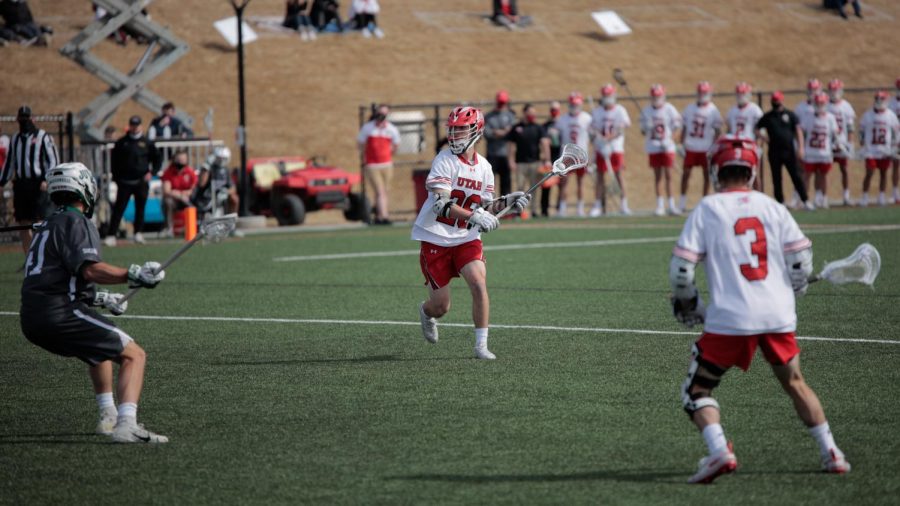




O'Connor Matthews • Nov 17, 2022 at 9:34 am
One of the better written opinion pieces I’ve read this year. Good research and important topic.
Rev. Cindy Solomon-Klebba • Nov 17, 2022 at 12:56 am
Just as people conflate queerness with sex, people too often position queerness as non- or even anti-spiritual. The article references the attempt to keep queer folk out of classrooms. The Briggs initiative in California in the 1970s is probably the best-known example of this. Yet, how many people know that the Rev. Troy Perry, founder of Metropolitan Community Church (the world’s oldest and largest LGBTQ church) was instrumental in raising money to defeat Briggs (Perry fasted on the steps of the Federal Building in Los Angeles until the funds were raised to defeat the legislation.) He also had the support of other queer and queer-friendly clergy.
When politicians take anti-queer stances, we fight them. When organizations support anti-LGBT people or practices we boycott them. But when (some) churches tell queer people that there is no place for them within the spiritual community, we simply say, “okay” and assume we have no right to call out really bad theology.
Certainly, there is pain and hurt in our community brought on by religious folx. No argument there. But we have to stop surrendering our right to faith just because someone ELSE says so. There are plenty of LGBTQ Christians and those of other faiths. It isn’t queer OR faithful. For many of us, it is queer AND faithful.
Let’s take care with our language and assumptions (such as the mention of the pastor in the article) not to perpetuate the fallacy that God (or whatever term you prefer) is antiqueer. (God is pretty friendly to sex, too, but that is a topic for another time!)
I am queer. I am also an ordained clergy. And I think God is pretty cool. All of those things are true at the same time.
Thanks for the thoughtful article.